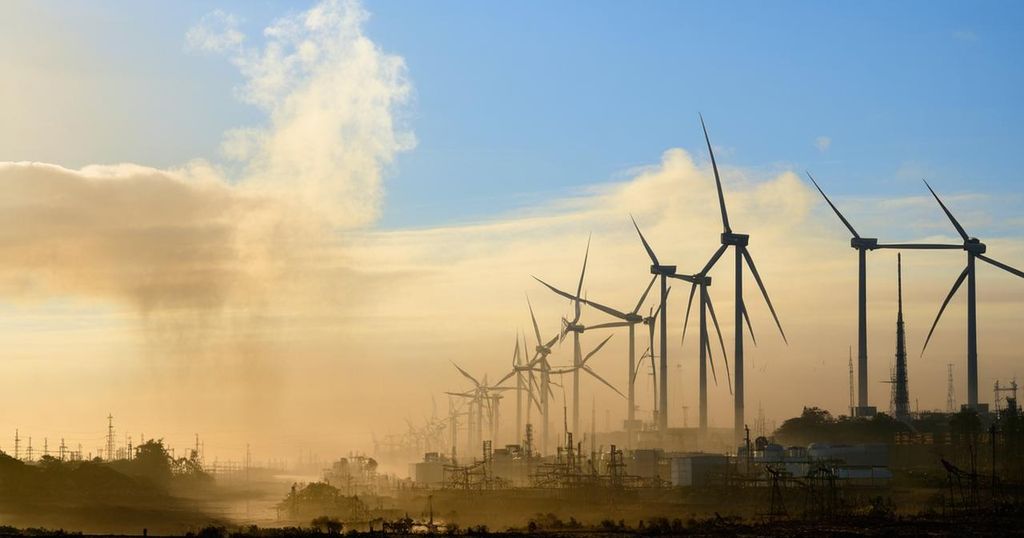Urgent Warning from UN: Climate Inaction Will Come at a Terrible Price

UN Secretary-General António Guterres has warned that the world is facing dire consequences due to inaction on climate change, with current policies potentially leading to a temperature rise of over 3 degrees Celsius by the year 2100. The recent Emissions Gap Report indicates that collective governmental action is necessary to limit temperature increases and that the world’s poorest populations are bearing the brunt of climate-related disasters. The upcoming COP29 summit serves as a critical opportunity for nations to enhance their climate commitments.
In a stern warning regarding the escalating climate crisis, UN Secretary-General António Guterres highlighted that the world is “paying a terrible price” for inadequate action on global warming. Current global policies are projected to lead to an alarming increase in global temperatures exceeding 3 degrees Celsius by the end of the century, as detailed in a new United Nations report released just prior to the COP29 summit. This temperature rise is substantially above the 1.5 C target established under the Paris Agreement in 2015, aimed at averting catastrophic climate impacts. The latest Emissions Gap Report reveals a grim outlook, indicating that without substantial action to reduce greenhouse gas emissions, projections show potential warming of up to 3.1 C above pre-industrial levels by 2100. The Secretary-General emphasized the urgency of the situation, stating, “We’re teetering on a planetary tightrope. Either leaders bridge the emissions gap, or we plunge headlong into climate disaster.” The repercussions of inactivity are notably severe for vulnerable populations across the globe, with extreme weather events wreaking havoc in regions such as Asia, the Caribbean, Africa, and Latin America. The report observed a 1.3 percent rise in global emissions from 2022 to 2023, reaching unprecedented levels, while progress towards climate targets remains disappointing, particularly among G20 nations, which constitute nearly 80 percent of global emissions. As nations prepare for the upcoming climate conference in Baku, Azerbaijan, they face the imperative to revise their Nationally Determined Contributions to reflect a collective commitment to significantly reduce emissions—by at least 42 percent by 2030—if they hope to constrain warming within safe limits. Inger Andersen, Executive Director of the United Nations Environment Programme, implored countries to leverage the discussions in Baku to enhance their climate commitments, asserting, “Every fraction of a degree avoided counts.”
The urgency to address climate change has intensified as new scientific reports reveal that nations are collectively failing to meet necessary emissions reduction targets. Since the Paris Agreement was established, intended to limit global warming to well below 2 degrees Celsius, countries have struggled to bridge the gap between climate goals and actual emissions reductions. The latest findings underscore the critical consequences of inaction and the disproportionate impact on the most vulnerable populations, highlighting the need for immediate and concerted global efforts to mitigate climate change effects.
In summary, the alarming insights from the United Nations report reveal a troubling trajectory for global warming should current climate policies remain unchanged. The urgent call to action from UN officials stresses the need for leaders to take decisive measures to prevent further deterioration of our climate. As nations prepare for critical negotiations at COP29, the success in achieving meaningful emission reductions will determine the world’s ability to avert severe climate impacts in the years to come.
Original Source: www.aljazeera.com








